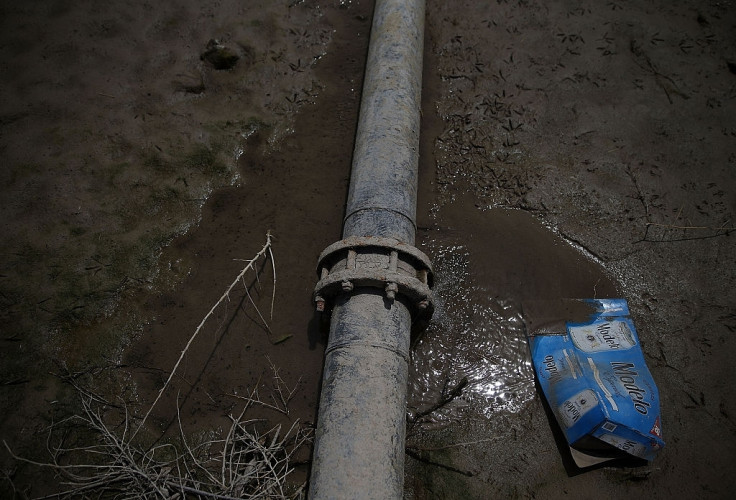MIT's leak detecting robot could finally solve the problem of pipeline breaks across the globe
The small shuttlecock shaped robot is capable of detecting smallest of the leaks

A team of MIT researchers, called Pipeguard, has developed a robotics system that can detect leaks when introduced into pipes. Unlike previous leak detectors that were incompatible with some pipe materials (wood, clay, or plastic pipes), this one works with all pipes. It comes in two models - one that flows along the pipe and another that can be controlled.
Developed after 12 years of research, the system involves the use of a small shuttlecock shaped robotic device. When introduced into a pipe through a fire hydrant, this robot gathers data on divergent pressures using its sensitive detectors. It also keeps a track of its position allowing researchers to cross-check the two sets of data to find leaks in the pipe in question.
The trial testing of the robot has successfully been completed. It was first introduced in the pipeline of King Fahd University of Petroleum and Minerals in Saudi Arabia with artificial leaks. Despite dealing with a number of bends, T-joints, and connections in the pipe, the robot delivered 100% accurate results during the test.
It is now being deployed in Monterrey to help the city combat the problem of water wastage. Monterrey is losing approximately $80 million every year due to an estimated 40% of water wastage.
Mark Gallager, a director at the Cambridge Water Department, said in an MIT press release, "the system could also minimize the damage to infrastructure and the loss of water services to homes and businesses, and it could significantly reduce the associated cost".
As the leak detecting robot continues to deliver results, engineers are planning to create an advanced version of the 'bot, one that could repair small leaks on the spot and work even in biggest of the pipes. In the longer run, it could even reduce the dangers of gas and oil leaks, saving not just costs but the environment also.
© Copyright IBTimes 2025. All rights reserved.





















